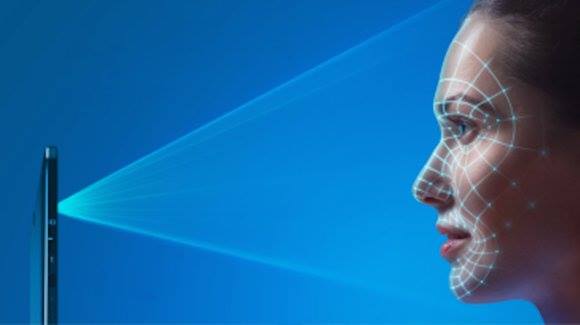When I start my computer, the first words that appear on my screen are “Looking for you.” I use its facial recognition software to log on, so each time I restart my computer I aim my face precisely at its camera because it’s “looking for me.” I’m also using a few other services that use biometric-based technologies, like fingerprints and iris scans, to verify that I’m the person whom I claim to be. These technologies are more secure at “authenticating” the user and preventing a hack attack, and corporations and governments are increasingly adopting biometrics for security purposes.
I’m glad that my computer misses me when I’m away from the keyboard and is “looking for me” when I return. But what are the implications for you and for me now that our devices can quickly scan our physical identities? A camera can look at a person to authenticate a physical self. But only we can choose to look within and cultivate an authentic emotional and spiritual self.

Photo courtesy of Computer World Magazine
As a country, we’re at an inflection point where the phrase “looking for you” feels existential. Many of us are here because our immigrant grandparents and great-grandparents fled persecution and were welcomed by the United States. But these days, our government intentionally separates parents from children who seek not just a better life, but life itself. If they remain in the danger zones that they call home, it’s a likely death sentence.
The time feels right to take a digitally-generated prompt from a device, “looking for you,” that really means, “looking at you,” and turn it into human advice: let’s look within ourselves and restore civility and empathy that enable creative solutions, the kinds that bring us together and don’t pull us apart. We did that until recently and it isn’t too late to start doing so again. On a personal note, because on the Jewish calendar we’re about one month away from our holy day season, it’s a natural time for me to do some extra introspection. And I’d like to invite you, whether you’re atheist or secular, Republican or Democrat, Jewish or a person of another faith tradition to join me in looking inward so that we remember how to better look at one another instead past one another.